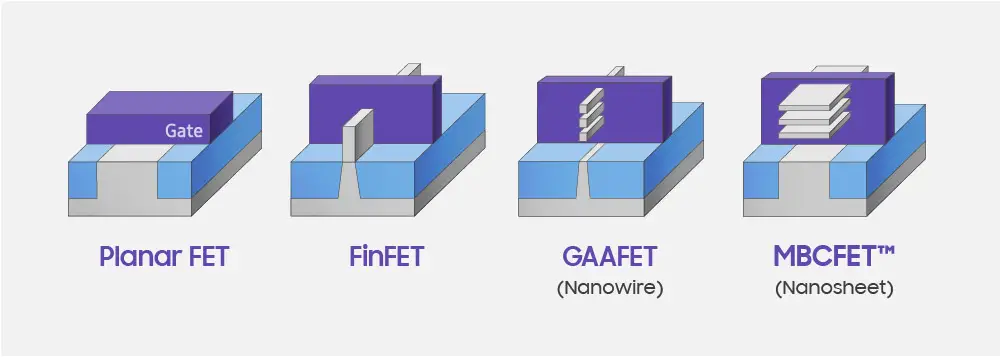Since the 7nm process node, Samsung has not been smooth in process development and production. In the past two years, the chips produced by the 5nm and 4nm processes have had major problems in terms of performance and yield. Although Samsung has made a high-profile semiconductor expansion plan in 2021, confirming that the 3nm process node will introduce a new GAAFET full-surround gate transistor, and plans to mass-produce the first-generation 3nm process in the first half of 2022, it seems to have encountered greater difficulties.

According to DigiTimes, a report detailing Samsung 3nm GAA process and GAA technology shows that the 3nm process is also difficult, and the yield is hovering between 10% and 20%, far less than expected. At present, Samsung has been struggling in the production of the 4nm process. Although it has obtained orders for Snapdragon 8 Gen 1, the yield rate is only about 35%. This also explains why Qualcomm intends to transfer orders for the Snapdragon 8 Gen 1 Plus to TSMC even if the price increases. If Samsung’s production on the 3nm process is true, it will be difficult to win orders, and it is likely to lose major customers such as Qualcomm and Nvidia.
According to sources, Samsung will first use the 3nm process in the production of its own chips, which is likely to be a new product of the Exynos series. Samsung’s mobile business president TM Roh
said at an internal meeting that it would develop a custom SoC for the Galaxy series of devices, and it was unclear whether it was related.
TSMC plans to still use FinFET transistors at the N3 process node, and GAA technology will not be introduced until the N2 process node, which is expected to enter mass production by the end of 2025. There is no news that TSMC has encountered difficulties due to switching to GAA technology. Generally speaking, TSMC is better than Samsung in terms of chip production quality.







